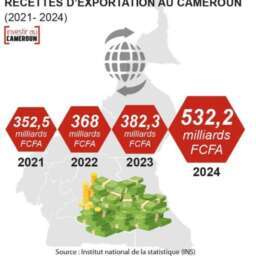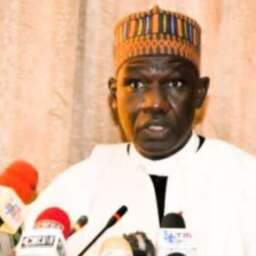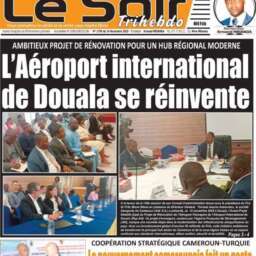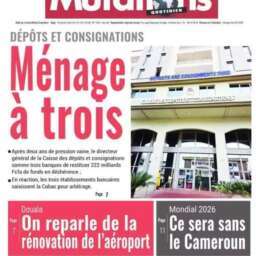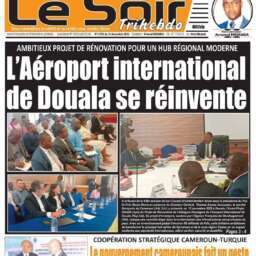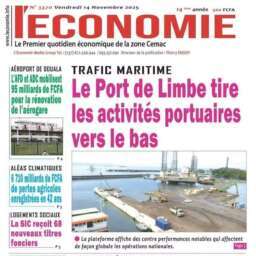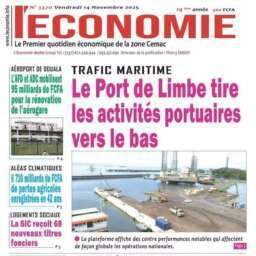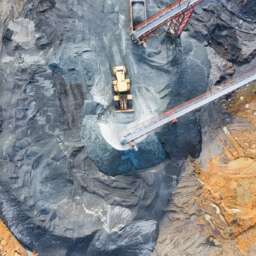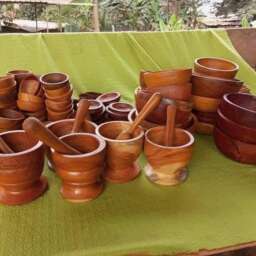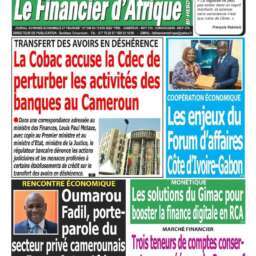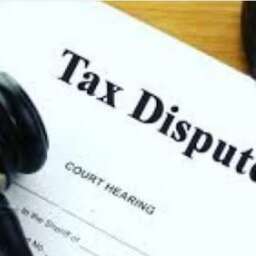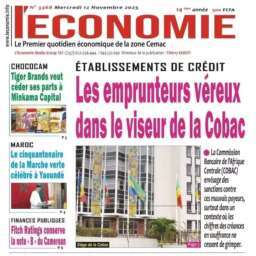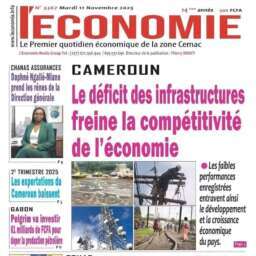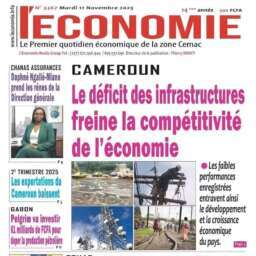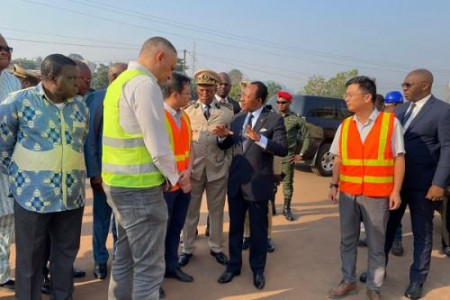(Business in Cameroon) – Work on Phase 2 of the Yaoundé-Douala highway has been at a standstill since November 2024, according to Cameroon’s Ministry of Public Works. The project, led by the construction firm Cfhec, has been delayed on the first 28 kilometers due to disputes with local residents demanding compensation for land acquisition. Tree clearing, a critical step to prepare the area for road construction and ensure safety, has been blocked as a result.
In an effort to resolve the deadlock, Public Works Minister Emmanuel Nganou Djoumessi visited Bibodi in the Nyong-et-Kellé department on February 14. He met with affected residents to hear their concerns.
During the discussions, locals insisted that compensation must be paid before construction resumes. The minister assured them that no property would be destroyed without prior compensation. He also urged the community to support the project, emphasizing the economic benefits the highway would bring to the region.
To address the issue, the minister announced the creation of a local monitoring committee, chaired by the regional prefect and including representatives of the affected communities. He also noted that there were no major settlements in the first few kilometers of the construction zone. As a compromise, he proposed clearing a 2 to 5-kilometer stretch of land, 200 meters wide, to allow work to begin while compensation issues are being resolved.
The Ministry of Public Works pledged to mobilize the necessary funds to compensate those affected along this section. “This is the condition the residents set for accepting the project,” the minister stated, adding that a confrontation with the community was out of the question. The construction firm Cfhec said it was ready to resume work as soon as the compensation matter was settled.
In a previous meeting with local representatives in January 2025, Minister Nganou Djoumessi had already acknowledged the compensation concerns. He explained that full compensation payments could not be made before construction begins. Instead, he proposed establishing a “useful work zone,” reducing the area to be cleared from 200 meters to 100 meters, to allow work to proceed. He also reassured residents that they would not be displaced without compensation. Cfhec has indicated that it is willing to make early payments to avoid further delays.
Compensation issues were a major sticking point in Phase 1 of the project, leading to repeated work stoppages. To prevent similar setbacks in Phase 2, the minister had announced in October 2024 that compensation payments would be made in advance to ensure a smooth start. While the exact compensation amounts and the number of beneficiaries have yet to be finalized, an initial list of recipients has been published to allow people to report any omissions. The final list has not yet been released.
According to the Ministry of Public Works, Phase 2 of the highway is expected to cost nearly CFA880 billion and is divided into five sections: Bibodi-Bodmon (39.5 km), Bodmon-Edéa East (34 km), Edéa East-Edéa West (30 km), Edéa West-Pitti Gare (18 km), and Pitti Gare-Massoumbou (19.5 km). The project is scheduled to be completed within 36 months, provided all necessary conditions are met.
The first phase of the highway, launched in October 2014, took more than eight years to complete due to multiple delays and cost overruns. Initially budgeted at CFA284 billion, the final cost rose to nearly CFA350 billion after four contract amendments.



